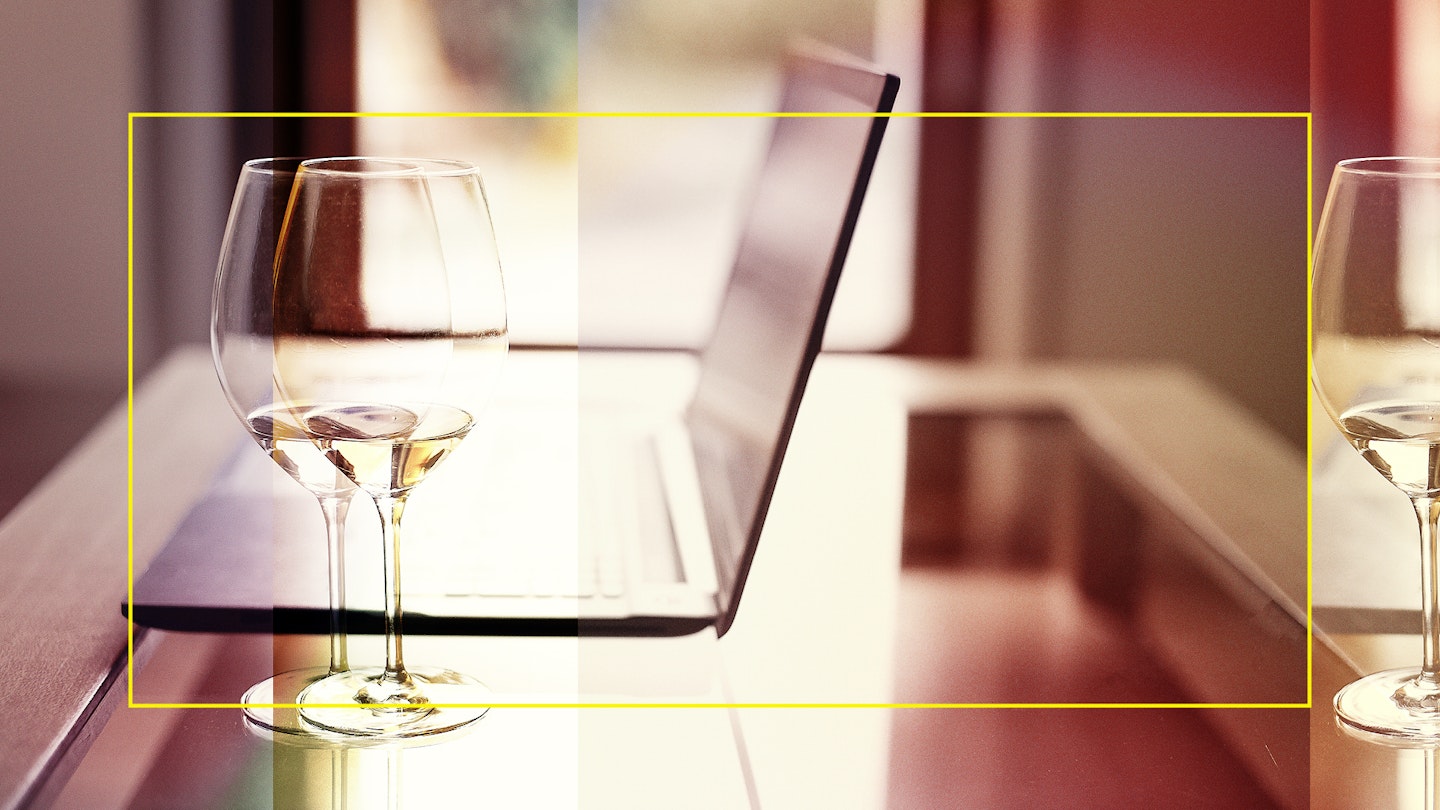It’s 10.30am on Wednesday morning and I’m sitting at the kitchen table. I look across at my boyfriend and say, ‘I would like a glass of wine.’
I didn’t say it because I’m an alcoholic. I said it because, in that moment, the reality of all the chaos that this virus has bought for me personally, and for millions of others, seemed to suddenly be apparent. At that moment, I needed some relief.
A glass of wine has been a constant in these uncertain days. It has taken the edge of a baiting twitter feed, with its insane mix of judgment, hysteria, heartbreaking stories of struggles and wild misfornformtion. It's taken the edge off the worry about money as these unprecedented times push my normal sources of work out of sync. It’s taken the edge off worrying about my mum, a few years off 70 and who lives on her own. And no, I’m pleased to report I’m not having that glass of wine at 10.30am, but when it gets to 6pm, and I've survived another surreal day, I feel like I’ve earned it. I have little doubt it will help me fold up my worries and stuff them in a drawer, at least for a while
Booze seems to be many people’s strategy right now, the joke of panic-buying litres of wine is all over the internet. Even the three delightful viral grandmothers, who are self-isolating together, told the world they’d survive because they have wine.
The Everything Will Be Fine With Wine philosophy is a strategy I adopted in my twenties. I could get through anything as long as I knew a large glass of white was waiting for me at the end. For a long time, I saw a lot of humor in this approach, too – somehow it was funny even though it was also worryingly true. And to this day, I still believe in how effective a method it is. Booze is a potent thing; that very first sip of cold wine will make your shoulders drop; make those thoughts run a little slower, make everything feel a bit more OK – instantly.
So, if wine brings us pleasure, and immediately takes the edge off during these unprecedented days, weeks and months, how do we drink responsibly and mindfully, during the coronavirus crisis? How do we stop the habit becoming a bit too regular? A bit too necessary?
I learnt many things but the most useful one was this: drinking is meant to be enjoyable, not essential.
These are questions I’ve asked myself before (just swap the global pandemic for a very stressful job; these things seemed more important back then). Along with behavioural change specialist Shahroo Izadi, I did a lot of writing and thinking about my drinking habits. I learnt many things from working with Shahroo, but the most useful one was this: drinking is meant to be enjoyable, not essential. That may not sound revelatory to you, but once something is a bit too regular, things aren’t always so obvious. I never needed to quit booze, but I did need to remember its purpose. Sometimes, and more often than you think, a hot bath and an early night can do an even better job than a large glass of white could. And if booze stops becoming a solution, it remains what it should be – pleasurable, fun, relaxing.
In the last few days, Shahroo and I have exchanged text messages on how we’re doing right now. I asked her how we all stop drinking far more than we’d like to. As with all Shahroo’s work, her advice is built on a foundation of self-compassion. The other best lesson I’ve taken from her? Don’t beat yourself up. Christ knows we’ve got enough to worry about. Here’s her tips to calm drinking through the coronavirus crisis.
1. Notice what you’re doing throughout the day
Try to take a curious, compassionate look at the combination of circumstances that cause you to want to drink more or differently than usual. You may notice on reflection that on the days when you wanted to start drinking earlier or to excess, for example, there was a pattern. Perhaps you had communicated with certain people, spent hours on Twitter, skipped lunch or procrastinated with work? This kind of insight can help you to become more mindful of the other habits you engage in throughout the day. It can help you realise that your levels of impulse control, need for distraction and desire for soothing, are impacted by a unique combination of internal and external factors. (Coronavirus aside) some of which, at least, you may well be able to change.
2. Experiment with a little resistance.
When you feel the urge to drink coming on, practise gently delaying for as long as you can before actually pouring yourself one. This isn’t just a useful way to reduce the number of hours you’re drinking, it also gives you an opportunity to notice how frequently the urge eventually passes, and remind yourself of your own ability to self-regulate. By committing to little experiments, like choosing to sit through the short-term discomfort of an alcohol craving, you may well realise that you’re giving alcohol too much credit.
3. Take out the self-judgement – these are strange times
It can be helpful to take ‘healthy and ‘unhealthy’ out of coping strategies, and see them, without judgement, as a variety of tools we use in daily life. If your toolkit for dealing with stress usually consists of things like: going to the gym near your office, listening to a guided meditation during your commute, wine in the evenings, social media, baths, weekly yoga classes with your colleagues and Maltesers, then it’s understandable that some of those tools would be on heavier rotation right now.
Shahroo Izadi is a behavioural change specialist and the author of The Kindness Method and The Last Diet. For more information visit: www.shahrooizadi.com.
READ MORE: How Coronavirus Is Changing The Way We Live
Life: Coronavirus 2020
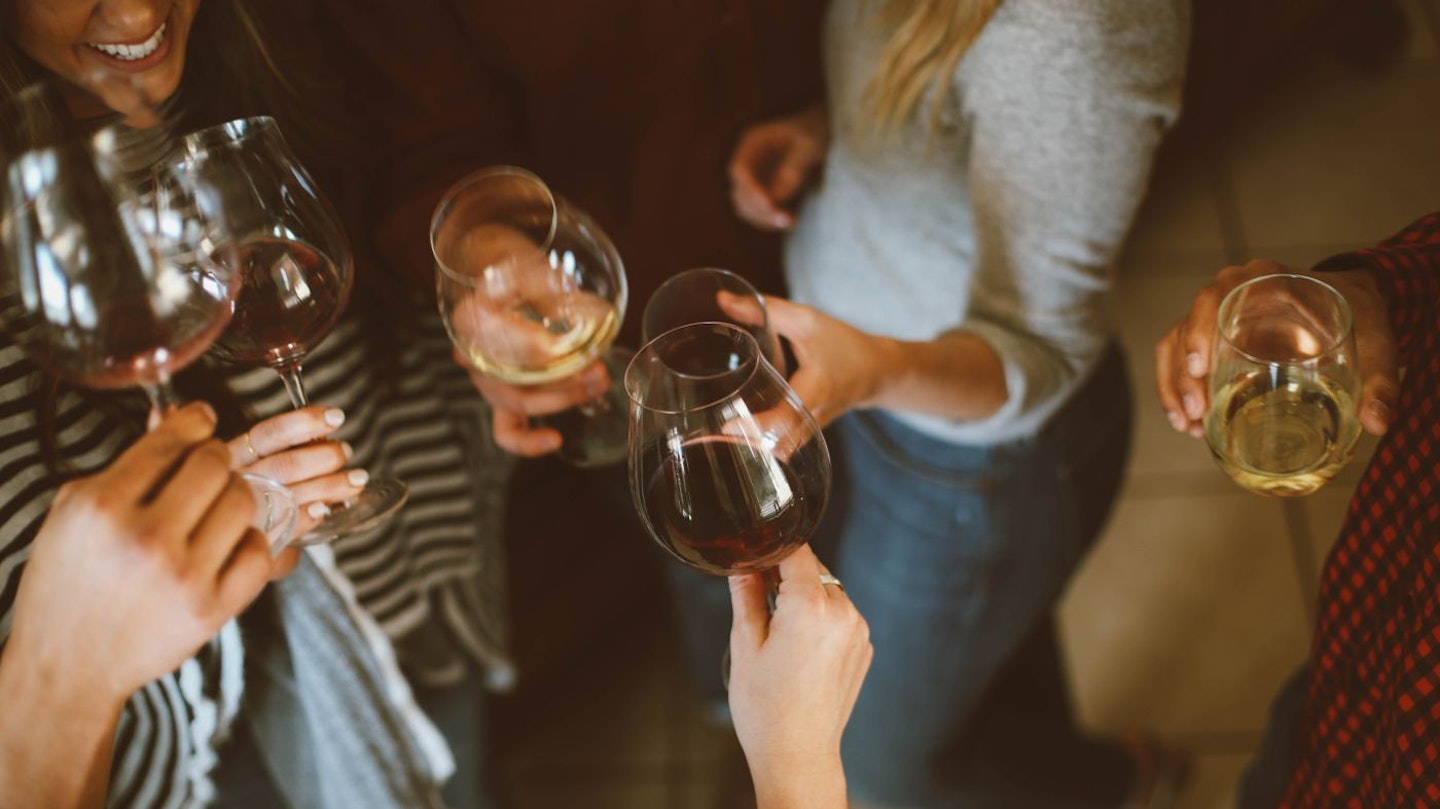 1 of 14
1 of 14Coronavirus: I’m Young And Healthy – Is It Ok To Go Out And See Friends?
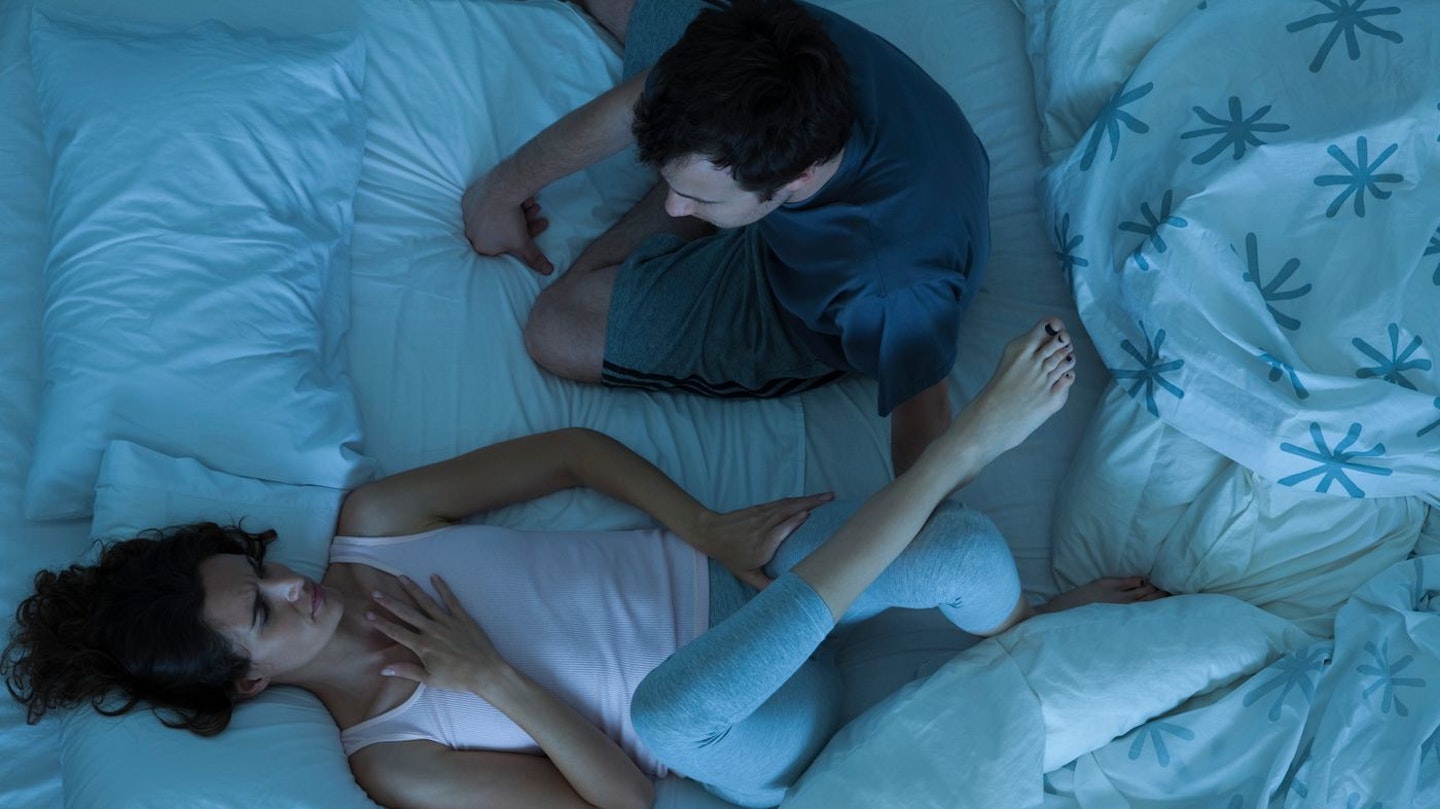 2 of 14
2 of 14I've Been With My Boyfriend For Four Months – Should I Go Into Quarantine With Him?
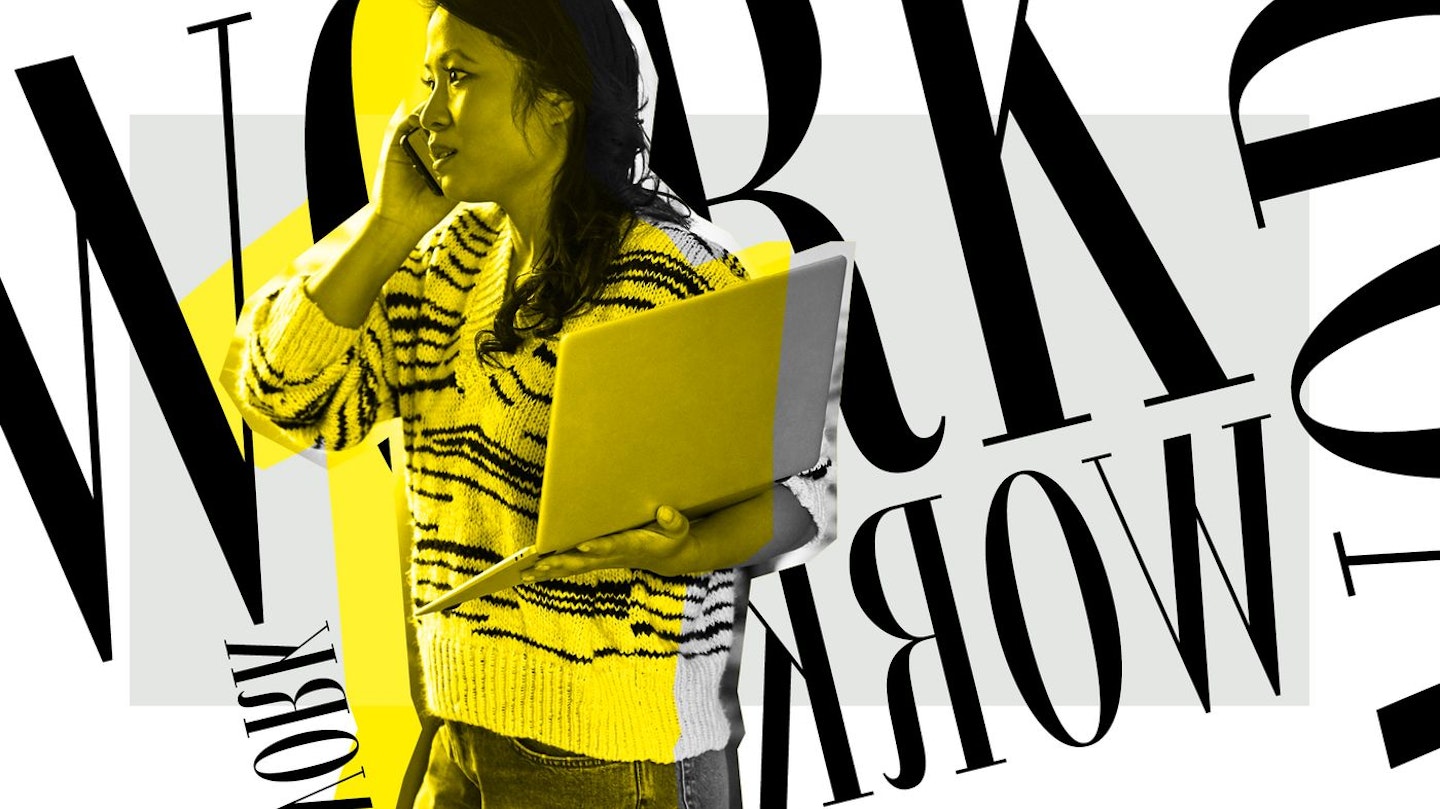 3 of 14
3 of 14Working From Home And MissIng Your Colleagues And Your Routine?
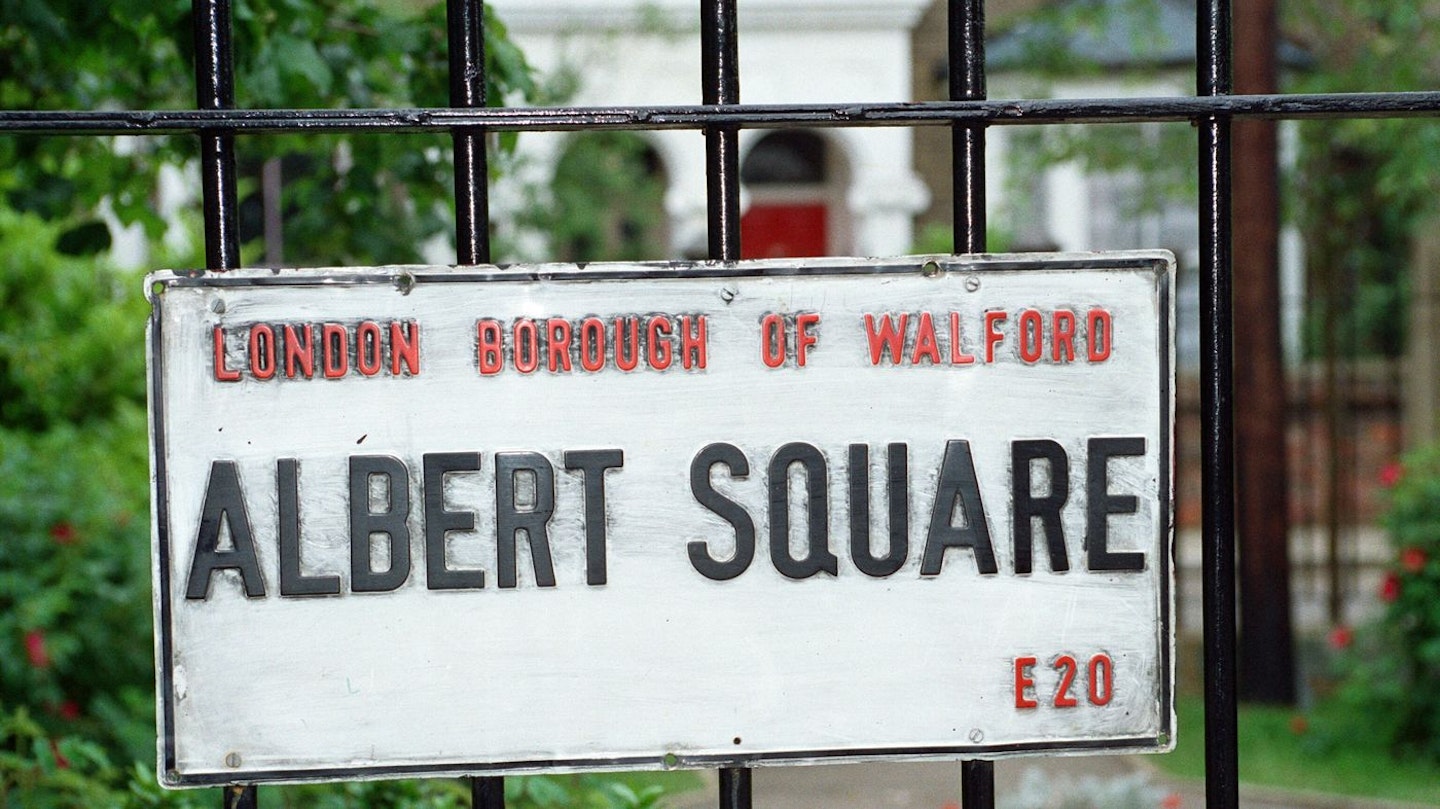 4 of 14
4 of 14From EastEnders To The Friends Reunion: Here's How Coronavirus Is Affecting Our TV Schedules
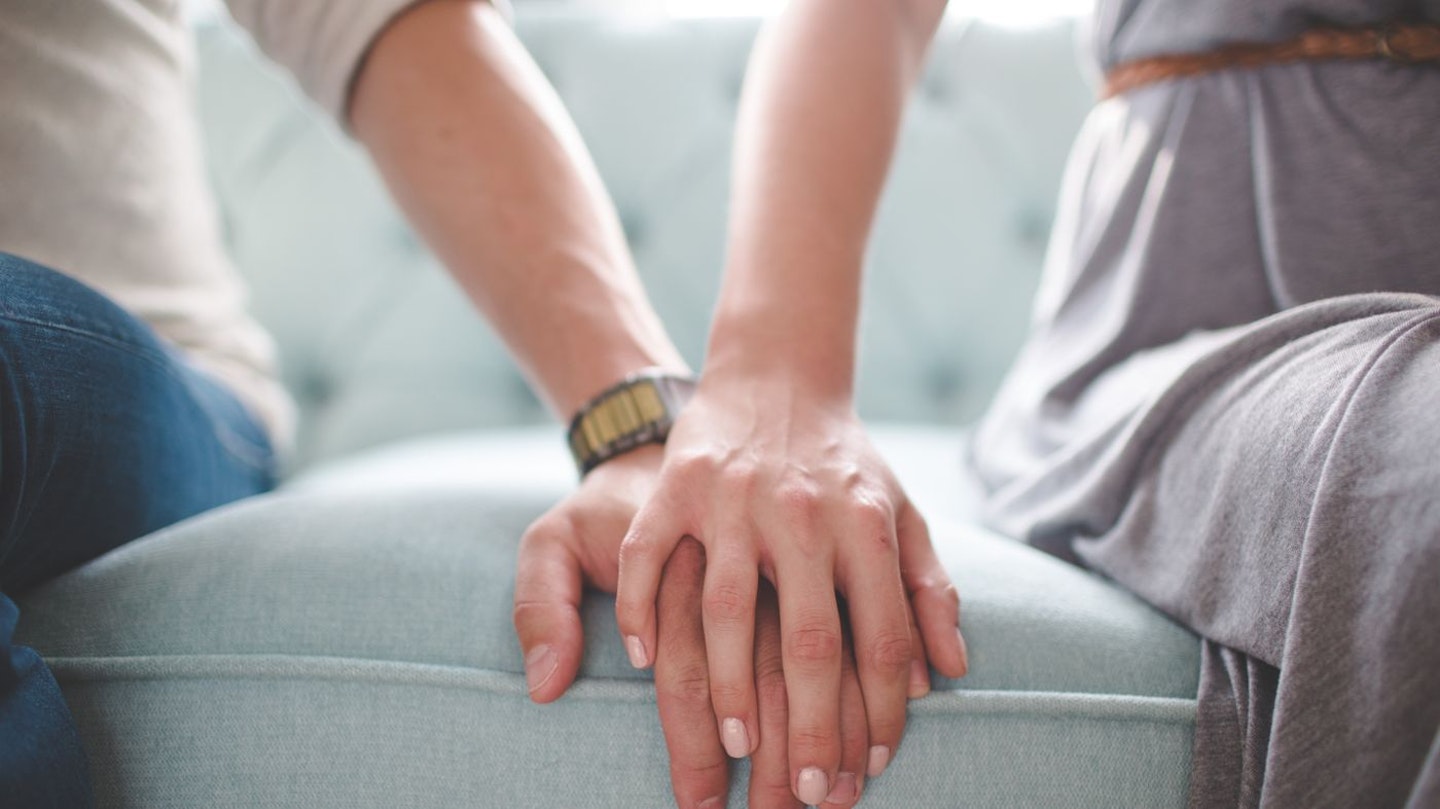 5 of 14
5 of 14Coronavirus: How To Survive Being Cooped Up As A Couple
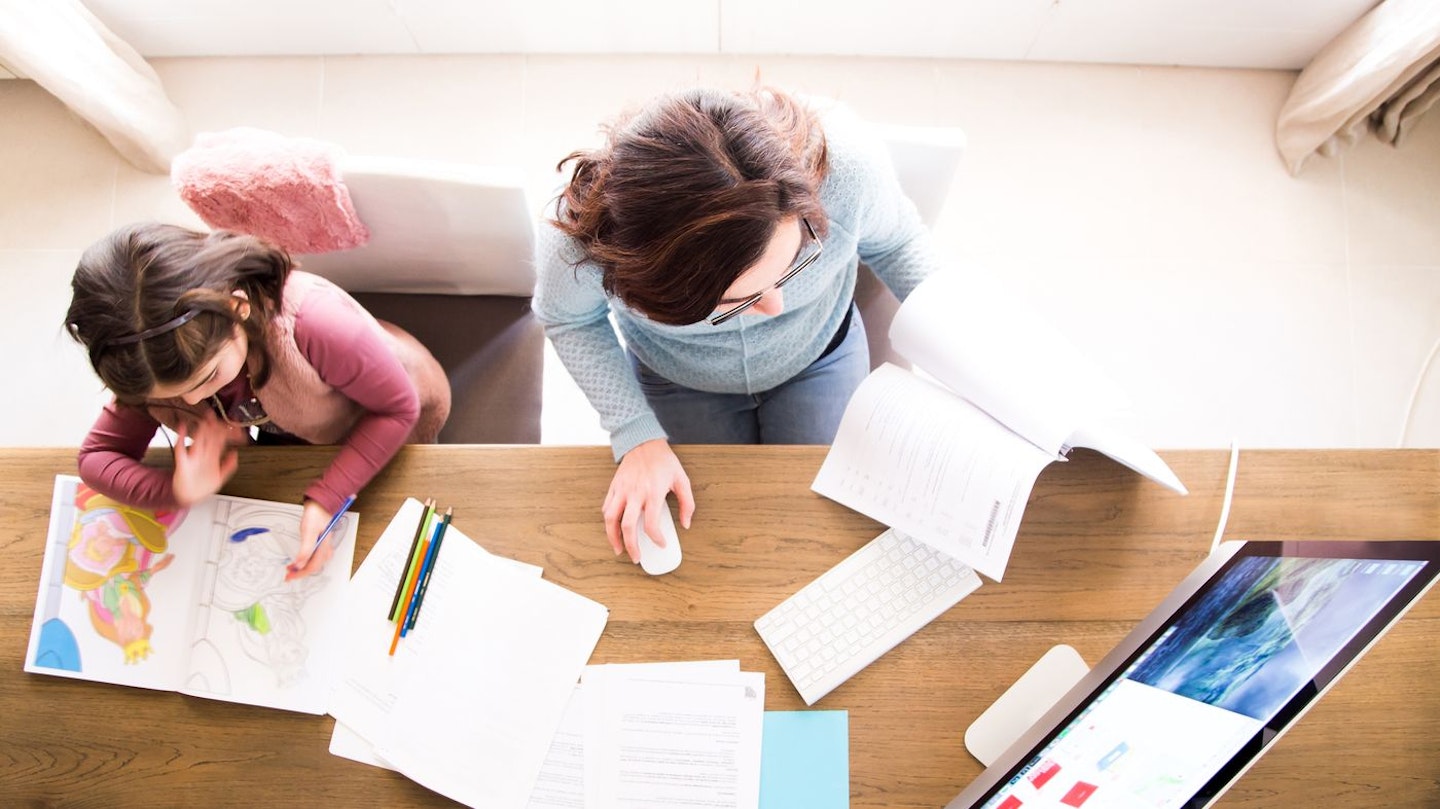 6 of 14
6 of 14Coronavirus And Parenting: The Importance Of Structure, Honesty And More TV Than Usual
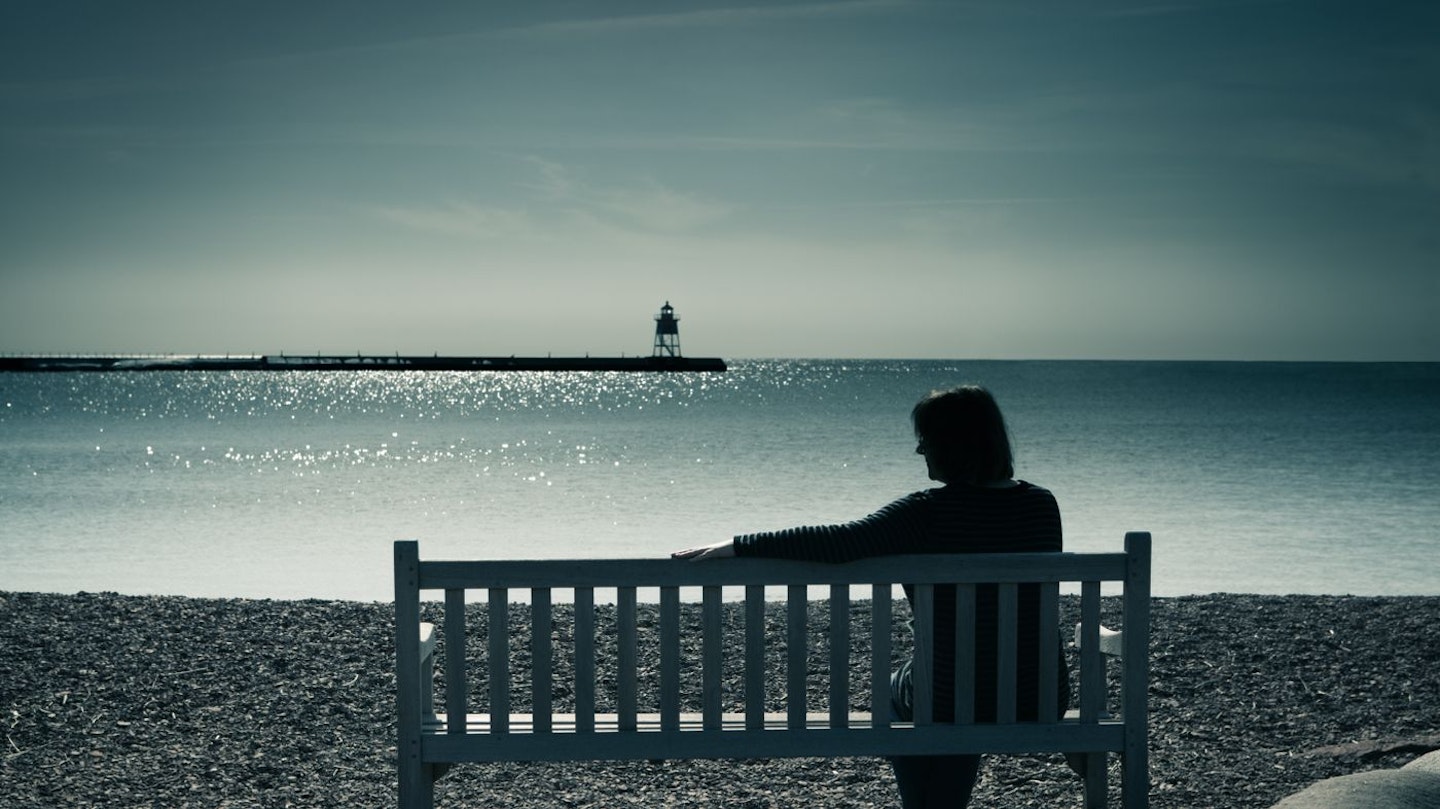 7 of 14
7 of 14How Coronavirus Is Changing My Relationship With My Mum, And My Daughter
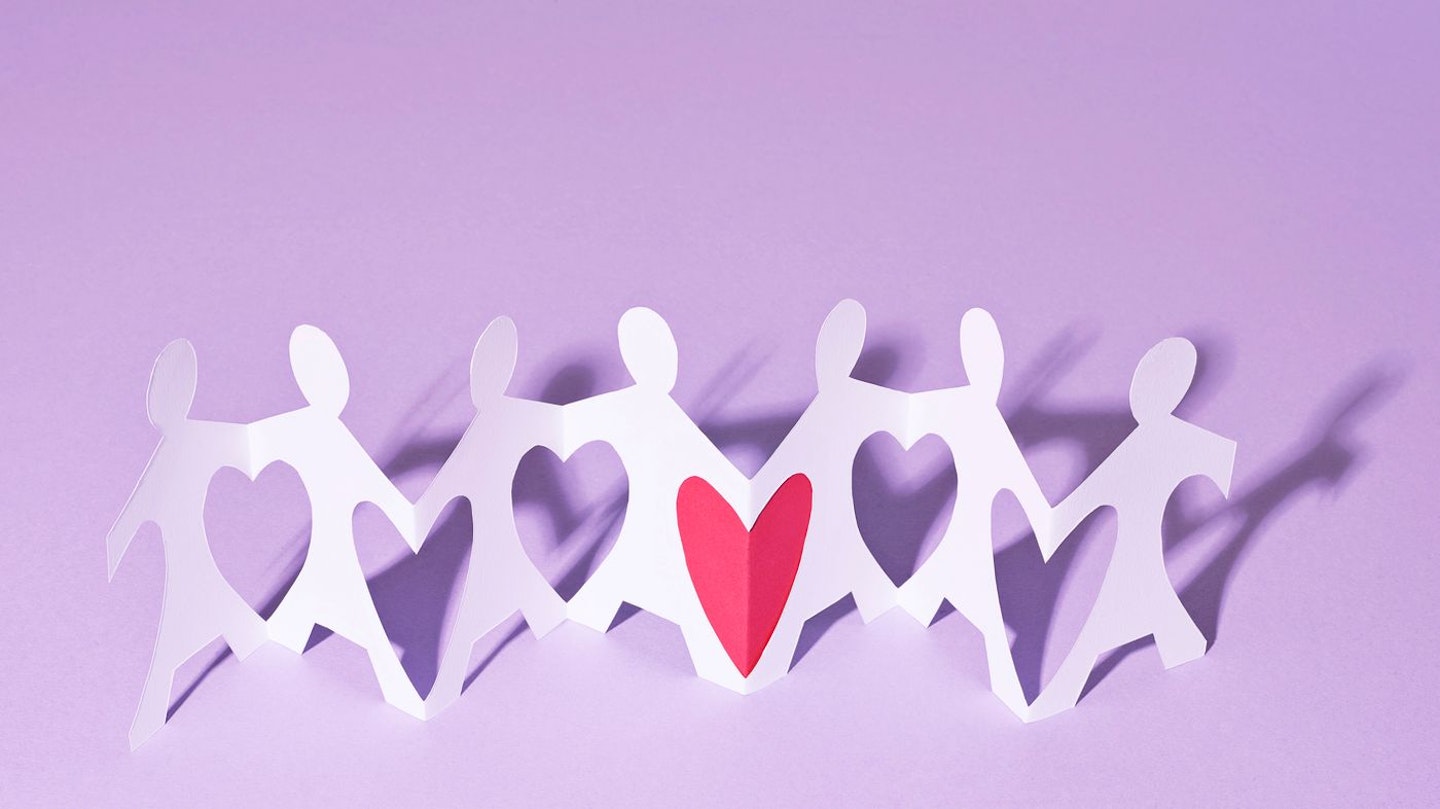 8 of 14
8 of 14Coronavirus: How To Help The Most Vulnerable Women In Society
 9 of 14
9 of 14Coronavirus: The Reality of Cancelling A Dream Italian Wedding
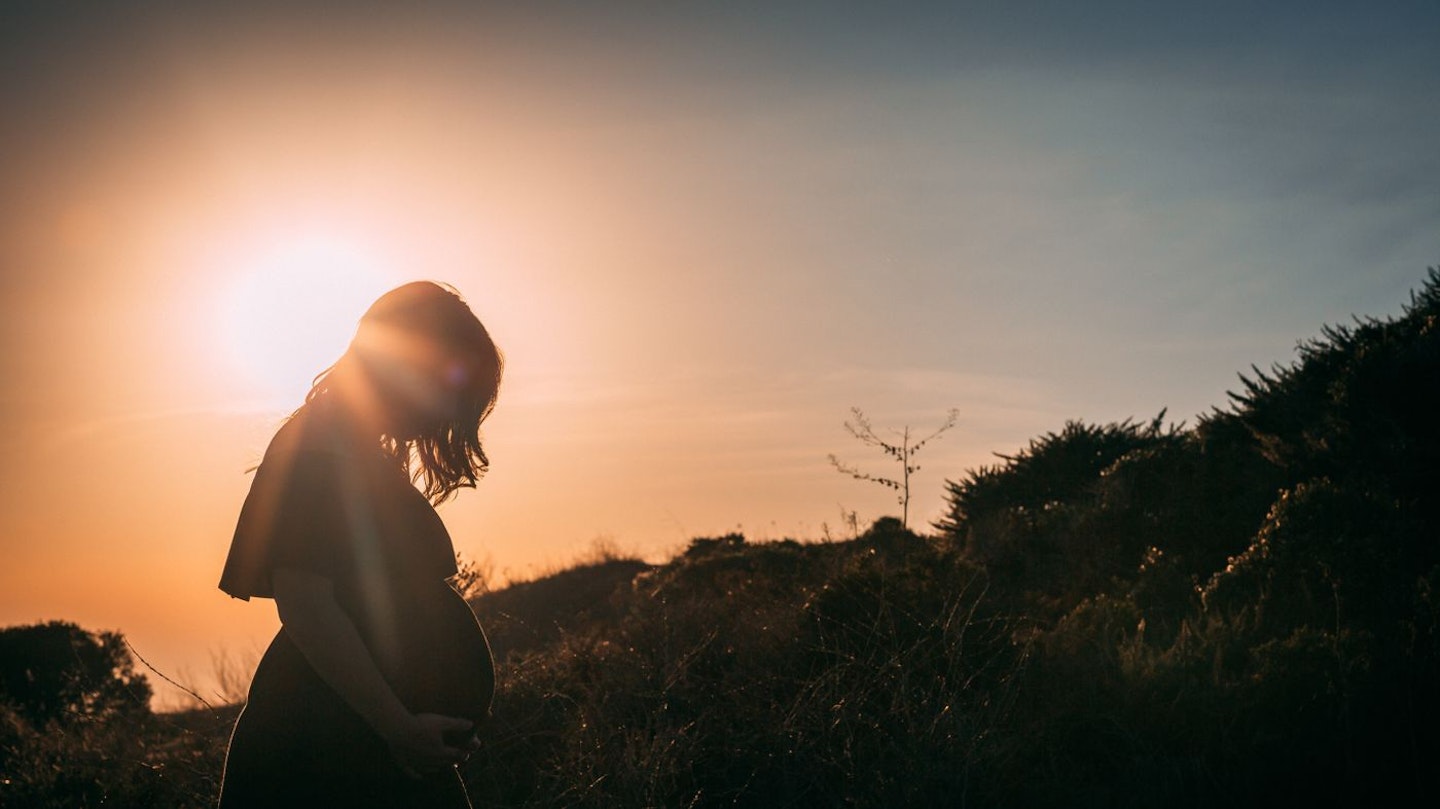 10 of 14
10 of 14‘I Just Have To Hope The Baby's Doing OK’: How It Feels To Be Pregnant Or Trying To Conceive During Coronavirus
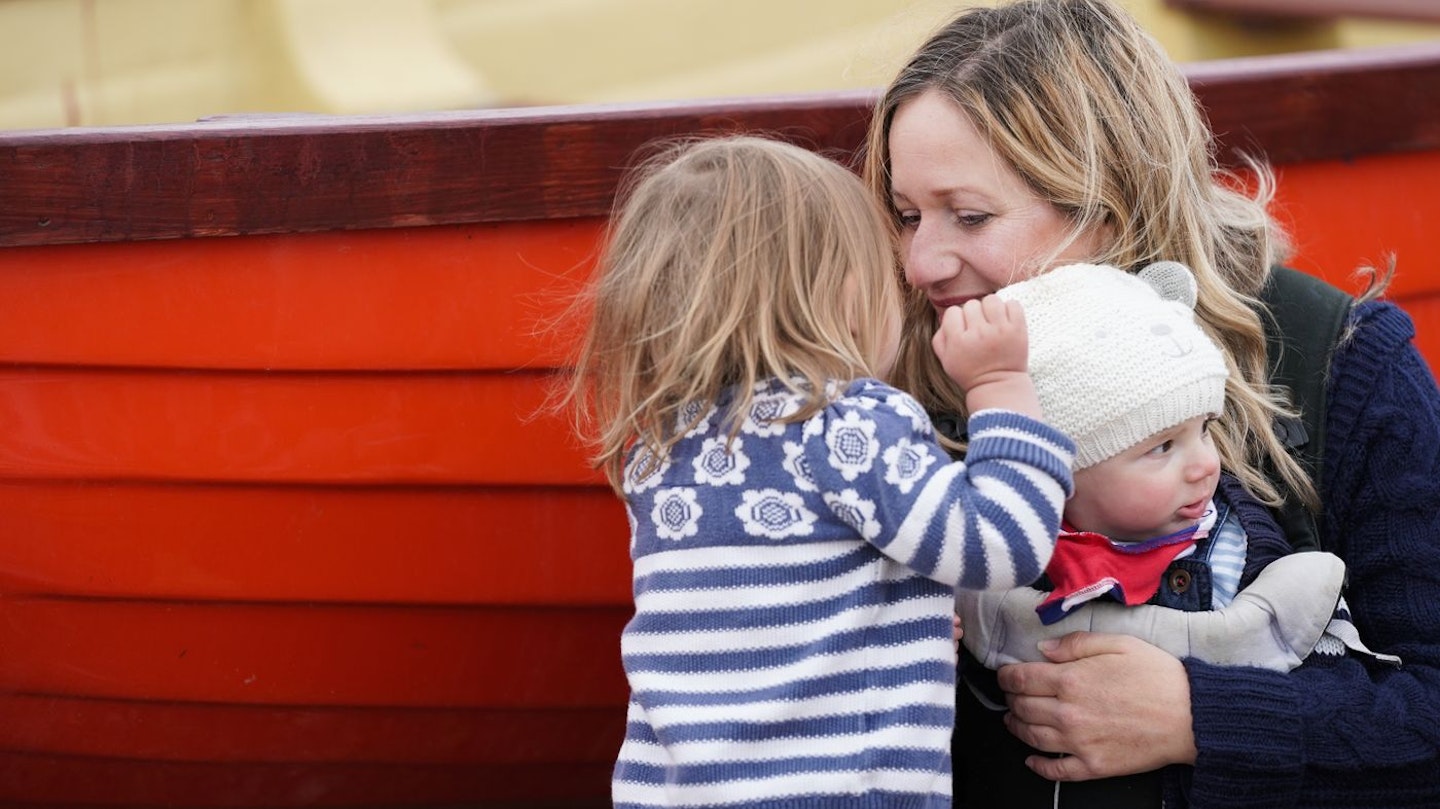 11 of 14
11 of 14Coronavirus: As A Solo Parent During A Pandemic, My Back-Up Plans Have Been Shaken
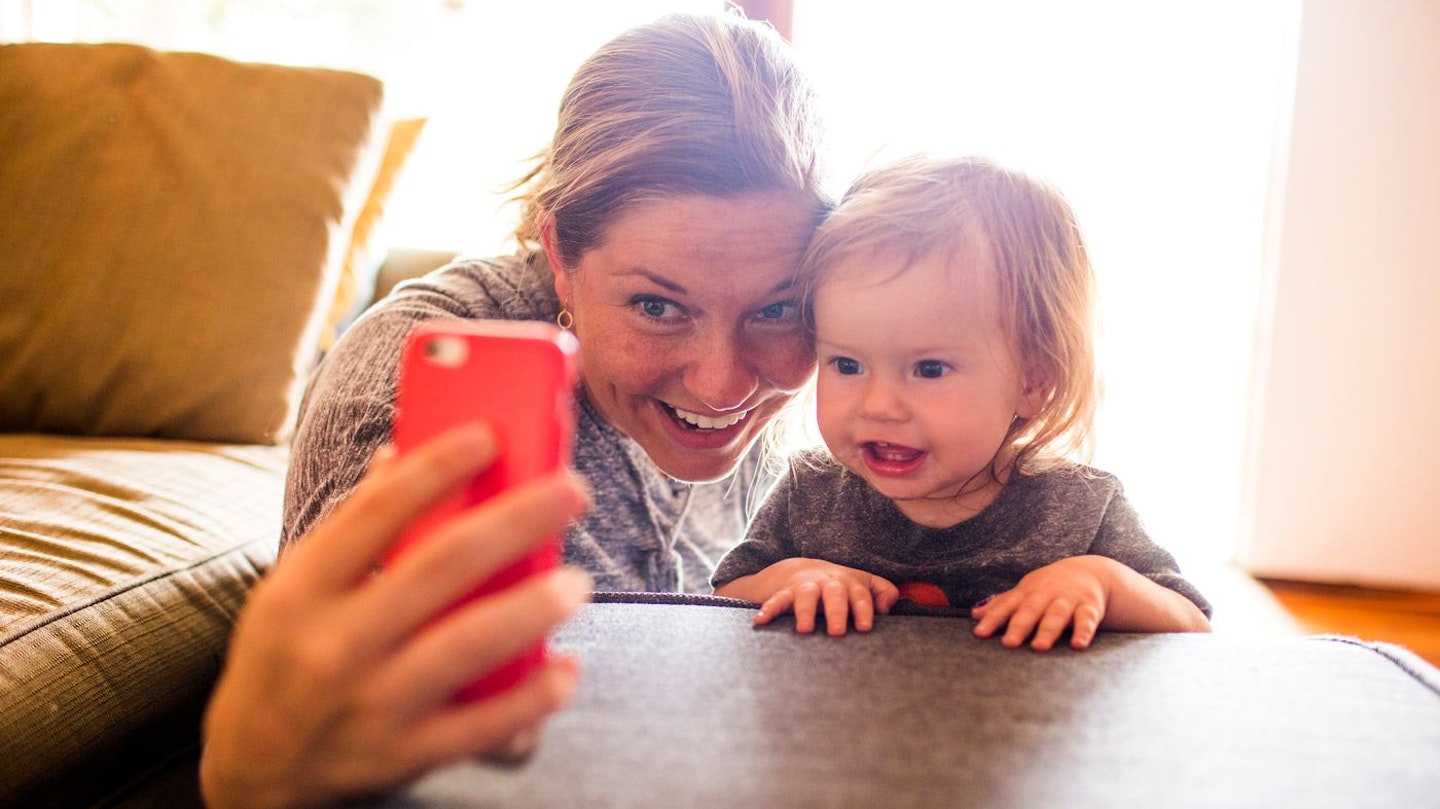 12 of 14
12 of 14Coronavirus: How Can We Celebrate Mother’s Day While Being Socially Responsible?
 13 of 14
13 of 14Coronavirus In Italy: What It's Like Living In Lockdown
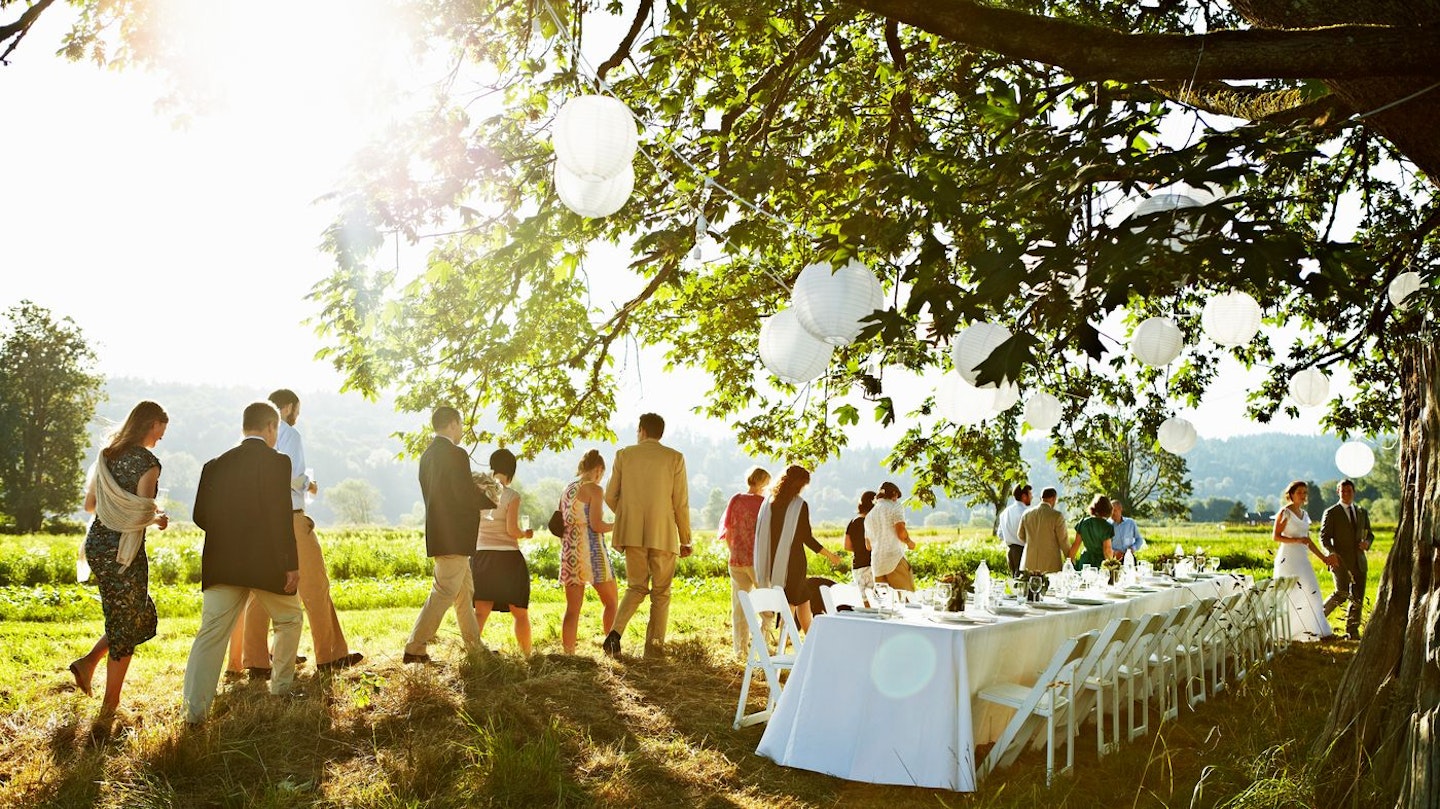 14 of 14
14 of 14